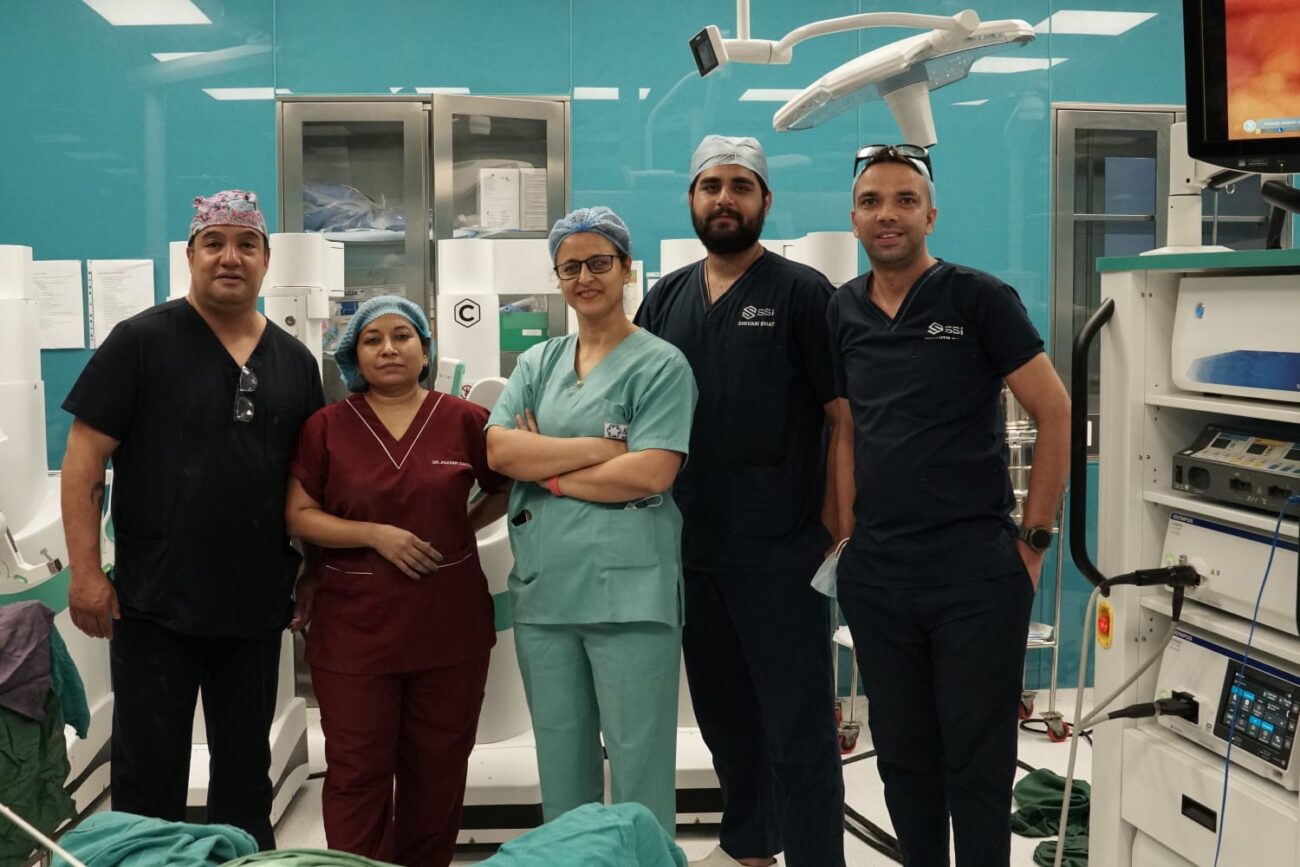Infertility is a disease which can be caused by both male and female factors
This World IVF Day, Nova IVI Fertility highlights the growing cases of infertility in the country and the shift in perception required to solve this challenge. In India an average of 2.7 crore couples are diagnosed
This World IVF Day, Nova IVI Fertility highlights the growing cases of infertility in the country and the shift in perception required to solve this challenge.
In India an average of 2.7 crore couples are diagnosed with infertility every year. Changing lifestyle habits and increasing stress levels play catalysts to this now commonly occurring health condition among both the urban and rural population. Of the affected, an estimated 10-15% of infertile couples in India are actively seeking treatment, of which only 1% has sought IVF treatment. However, a large number of couples are still unaware about the underlying reasons of being infertile, and also believe that infertility is a woman centric condition.
It was on the 25th of July 1978 when the World’s first IVF baby, Louis Brown was born which is now celebrated as the World IVF Day. While the basics of IVF have not changed in the 41 years since the birth of Louise Brown, the science has taken giant strides, transforming the field of Assisted Reproductive Technology – ART – thanks to the discovery of many new facts, techniques and practices. Each of which has nudged the process closer to the ultimate aim of having a 100% success rate.
Sharing his views on the growing IVF segment in the country, Dr.Manish Banker, Medical Director, Nova IVI Fertility said, “With the advancement in technology, couples today have access to several advanced techniques to fight infertility. However, a greater challenge to solve is the commonly believed myth that the female partner is responsible for infertility. It is alarming to know that many couples who opt for IVF are not aware of the male and female factors that play a role in the inability to conceive naturally. Infertility is still believed to be a gender specific issue. In fact, we have observed in many cases that the male partner shies away from speaking or getting tested for infertility. A clear indicator, that the male partner is not seen as a cause for infertility.”
Both the male and female factor accounts for 40-50% of infertility among couples, respectively. Hence, couples struggling with infertility should make every effort to find the right help for both partners. Dr.Banker adds, “Patient counseling plays an important role in creating awareness among couples seeking IVF treatment. Be it information on the treatment options or causes for the underlying condition, it is the responsibility of every IVF consultant to ensure that the patient is well informed. Counseling also contributes to maintaining a positive emotional outlook which is essential during the process of treatment, keeping in mind the sensitivity of the condition.”
While ob-gyns deal with women’s reproductive problems, comprehensive infertility care units are the best options for men to seek help at. The causes of male infertility can be genetic or caused by an infection, testicular or pelvic injury or a severe medical condition. There are many treatment options starting from tablets to IUI (injecting sperms directly into the uterus) and IVF-ICSI depending on the cause and severity of the condition. In fact, with the development of science and technology, couples today have the option to choose from different Advanced ART (Assisted Reproductive Technology) techniques which are known to significantly improve the success rates of IVF. Additionally, improvements in cryopreservation today allows women to postpone pregnancy for both lifestyle and medical reasons, by freezing eggs removed at an earlier age, which tend to be healthier than the same woman’s eggs at a later age. Properly cryopreserved eggs can be thawed and used in subsequent cycles. Frozen/ thawed eggs have similar IVF success rates as fresh eggs.
With more couples coming forward and seeking treatment to fight infertility, ART is set to transform the IVF and healthcare sector in the country.




